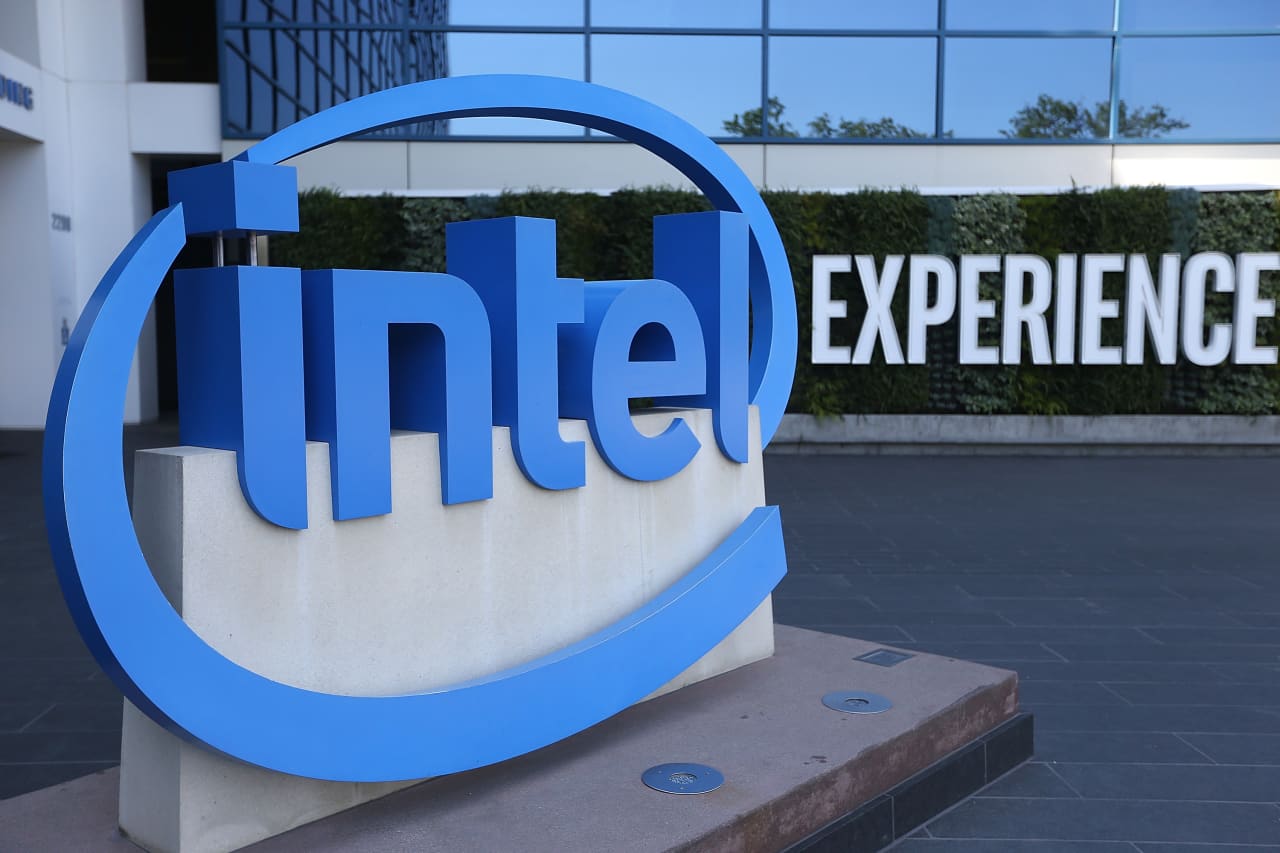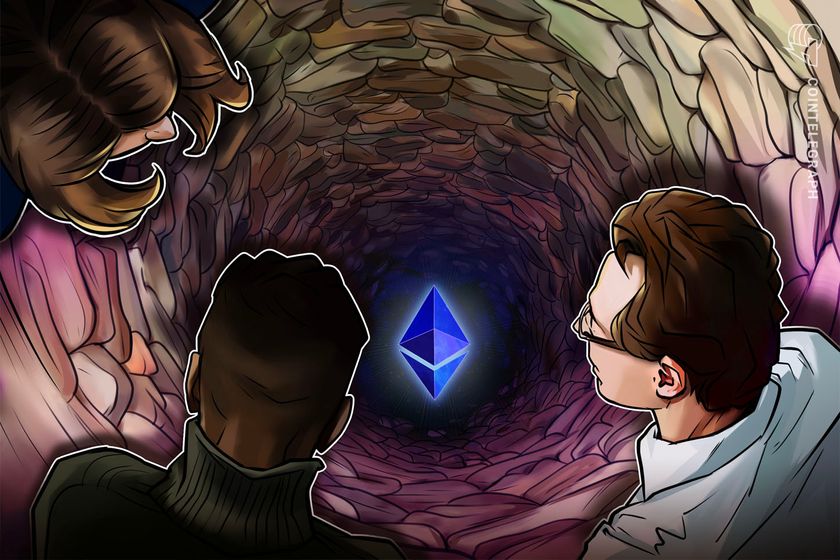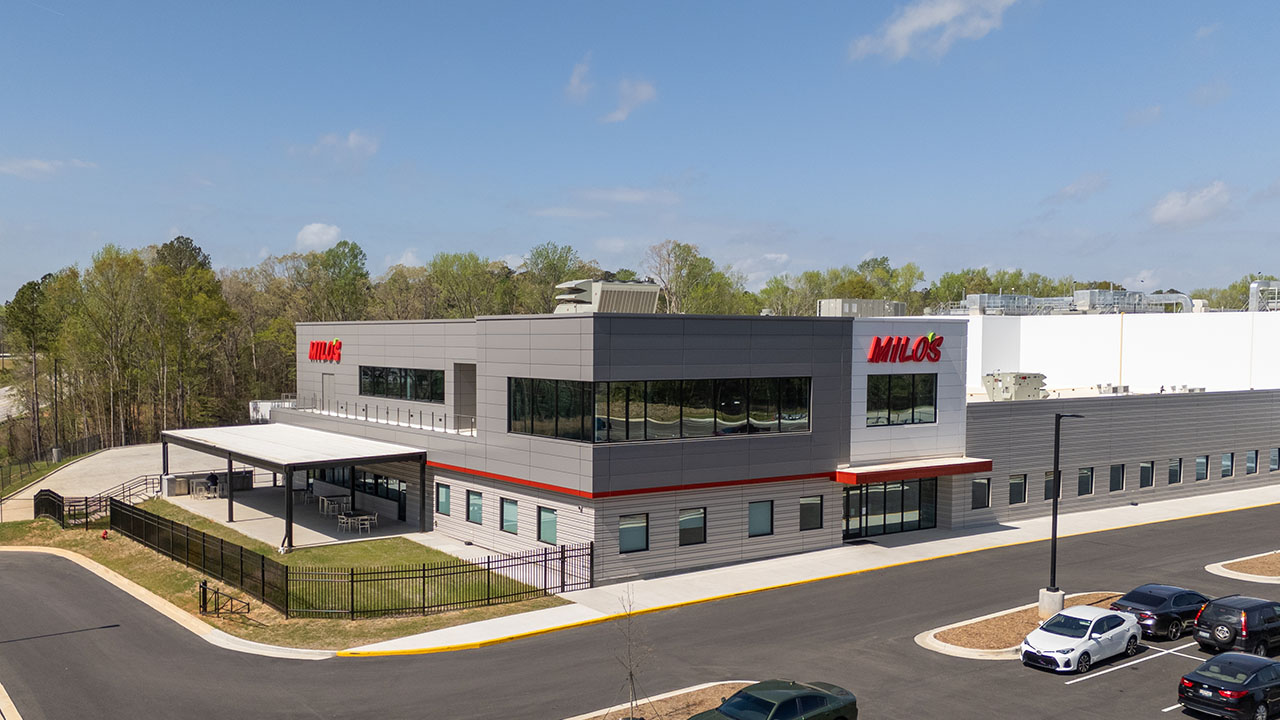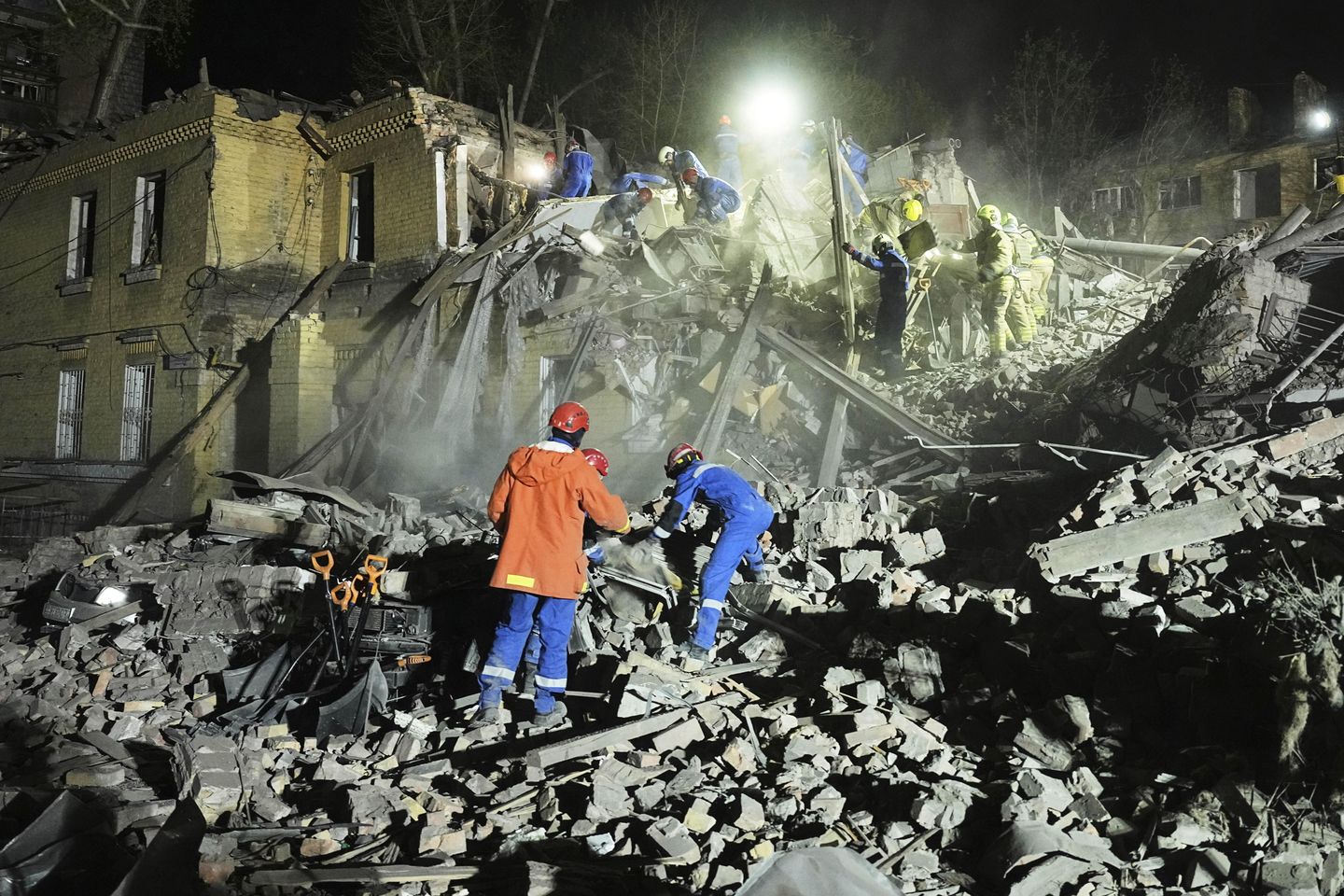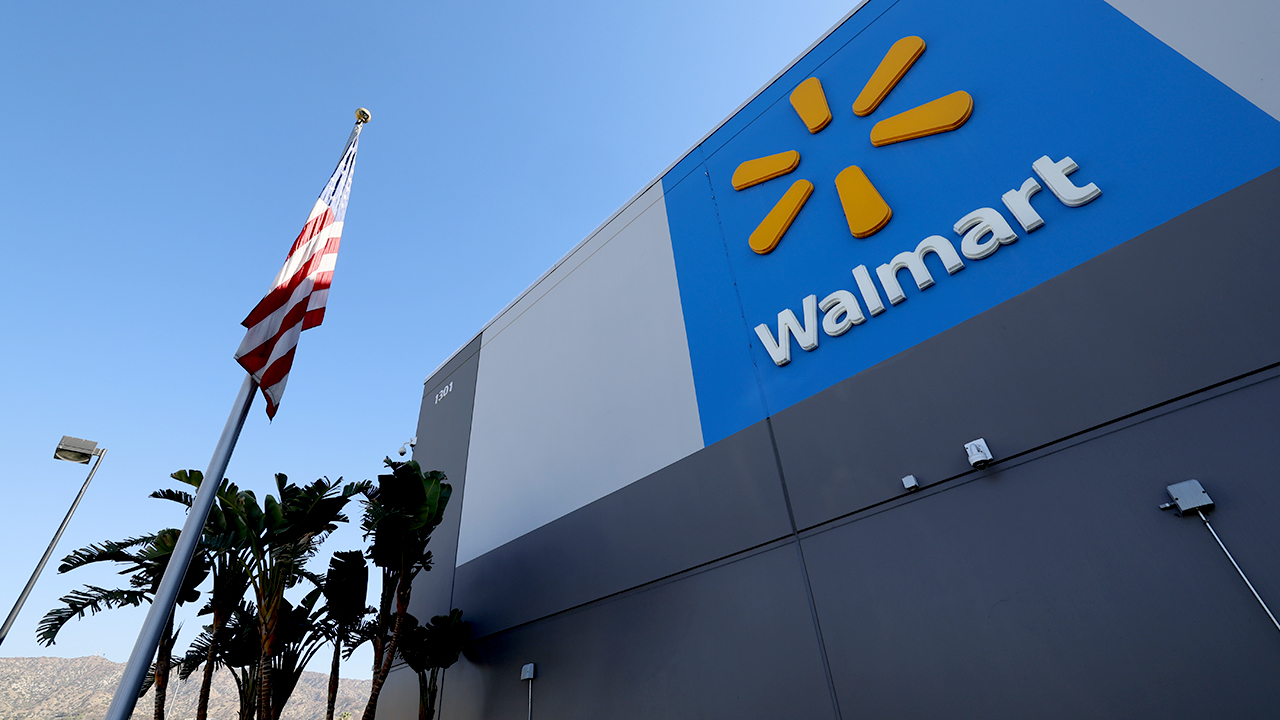Ethereum's L2 approach equals many high-throughput chains — Avail exec
Ethereum's focus on scaling through many layer-2 networks, each with its own transaction processing speed and parameters, potentially gives the network an unlimited number of unique high-throughput chains, according to Anurag Arjun, co-founder of Avail, a unified chain abstraction solution.In an interview with Cointelegraph, Arjun acknowledged that Ethereum and high-throughput competitors with monolithic architecture are fundamentally different products. However, Ethereum's choice to scale through a plethora of L2 solutions gives it an overlooked quality:"The under-appreciated beauty of this rollup-centric roadmap architecture is that it allows multiple teams to experiment with different execution environments and different block times."This allows a diverse set of high-throughput sidechains to appear rather than just one singular architecture on any monolithic layer-1s, the executive added. However, without true interoperability, switching between L2s will remain as complex as bridging assets between different blockchain ecosystems altogether, Arjun warned.An overview of Ethereum’s layer-2 ecosystem. Source: L2BeatThe Avail co-founder's perspective runs contrary to the many critics of Ethereum's L2-focused approach, who say that the network's scaling solutions silo liquidity and are ultimately corrosive to the base layer. Ethereum's critics argue that L2s are one of the primary causes of Ether's (ETH) poor price performance in the last year.Related: Vitalik Buterin proposes swapping EVM language for RISC-VEthereum fees drop to five-year lowsFees on the Ethereum layer-1 network dropped to five-year lows in April 2025, with the average transaction fee sitting at around $0.16.According to Brian Quinlivan, the marketing director for the Santiment onchain analytics firm, the reduction in fees signals decreased demand for the base layer and waning investor interest in Ethereum.Ethereum network daily transaction fees dropped significantly in Q1 2025. Source: Token Terminal"This large reduction in fees coincides with fewer people sending ETH and interacting with smart contracts," Quinlivan wrote in an April 16 blog post.These smart contract interactions include transactions across decentralized finance, digital collectibles like non-fungible tokens (NFTs), and other digital asset sectors, the Santiment executive added.Ether's declining base layer transaction fees and reduced retail interest also caused many institutional investors to slash their Ether allocations and issue revised price outlooks for the second-largest digital asset by market capitalization.Magazine: Make Ethereum feel like Ethereum again: Based rollups explained
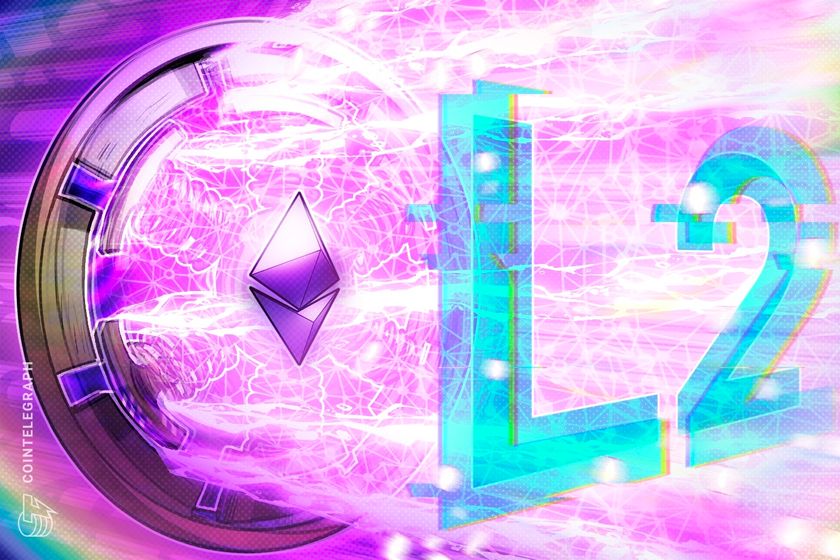


Ethereum's focus on scaling through many layer-2 networks, each with its own transaction processing speed and parameters, potentially gives the network an unlimited number of unique high-throughput chains, according to Anurag Arjun, co-founder of Avail, a unified chain abstraction solution.
In an interview with Cointelegraph, Arjun acknowledged that Ethereum and high-throughput competitors with monolithic architecture are fundamentally different products. However, Ethereum's choice to scale through a plethora of L2 solutions gives it an overlooked quality:
"The under-appreciated beauty of this rollup-centric roadmap architecture is that it allows multiple teams to experiment with different execution environments and different block times."
This allows a diverse set of high-throughput sidechains to appear rather than just one singular architecture on any monolithic layer-1s, the executive added. However, without true interoperability, switching between L2s will remain as complex as bridging assets between different blockchain ecosystems altogether, Arjun warned.
The Avail co-founder's perspective runs contrary to the many critics of Ethereum's L2-focused approach, who say that the network's scaling solutions silo liquidity and are ultimately corrosive to the base layer. Ethereum's critics argue that L2s are one of the primary causes of Ether's (ETH) poor price performance in the last year.
Related: Vitalik Buterin proposes swapping EVM language for RISC-V
Ethereum fees drop to five-year lows
Fees on the Ethereum layer-1 network dropped to five-year lows in April 2025, with the average transaction fee sitting at around $0.16.
According to Brian Quinlivan, the marketing director for the Santiment onchain analytics firm, the reduction in fees signals decreased demand for the base layer and waning investor interest in Ethereum.
"This large reduction in fees coincides with fewer people sending ETH and interacting with smart contracts," Quinlivan wrote in an April 16 blog post.
These smart contract interactions include transactions across decentralized finance, digital collectibles like non-fungible tokens (NFTs), and other digital asset sectors, the Santiment executive added.
Ether's declining base layer transaction fees and reduced retail interest also caused many institutional investors to slash their Ether allocations and issue revised price outlooks for the second-largest digital asset by market capitalization.
Magazine: Make Ethereum feel like Ethereum again: Based rollups explained
What's Your Reaction?



















